Maya Wiley’s involvement in de Blasio donor vetting more extensive than previously thought: records
Before Maya Wiley became an MSNBC commentator and candidate for mayor, her most public moments came when she fell under the media’s glare for her role advising Mayor de Blasio and his administration on how to raise money legally.
The unwanted attention started during the first three years of de Blasio’s first term and it continues to linger.
In 2015, in what may now seem like a prescient assessment, Wiley summed up her role as de Blasio’s legal counsel in a video posted online by his wife, Chirlane McCray.
“I’m Maya Wiley. I’m counsel to Mayor Bill de Blasio, and that means I’m — I keep him out of jail,” she said jokingly. “I advise him on legal issues, but I’m also part of his senior team.”
De Blasio has so far avoided jail, despite allegations of fundraising malpractice. But now, about four months into Wiley’s run for mayor, exactly what role she played in counseling Team de Blasio — and in vetting donations to his cause — is still not entirely clear.
But documents obtained by the Daily News show that the part Wiley did play appears to be much more extensive than has previously been reported.
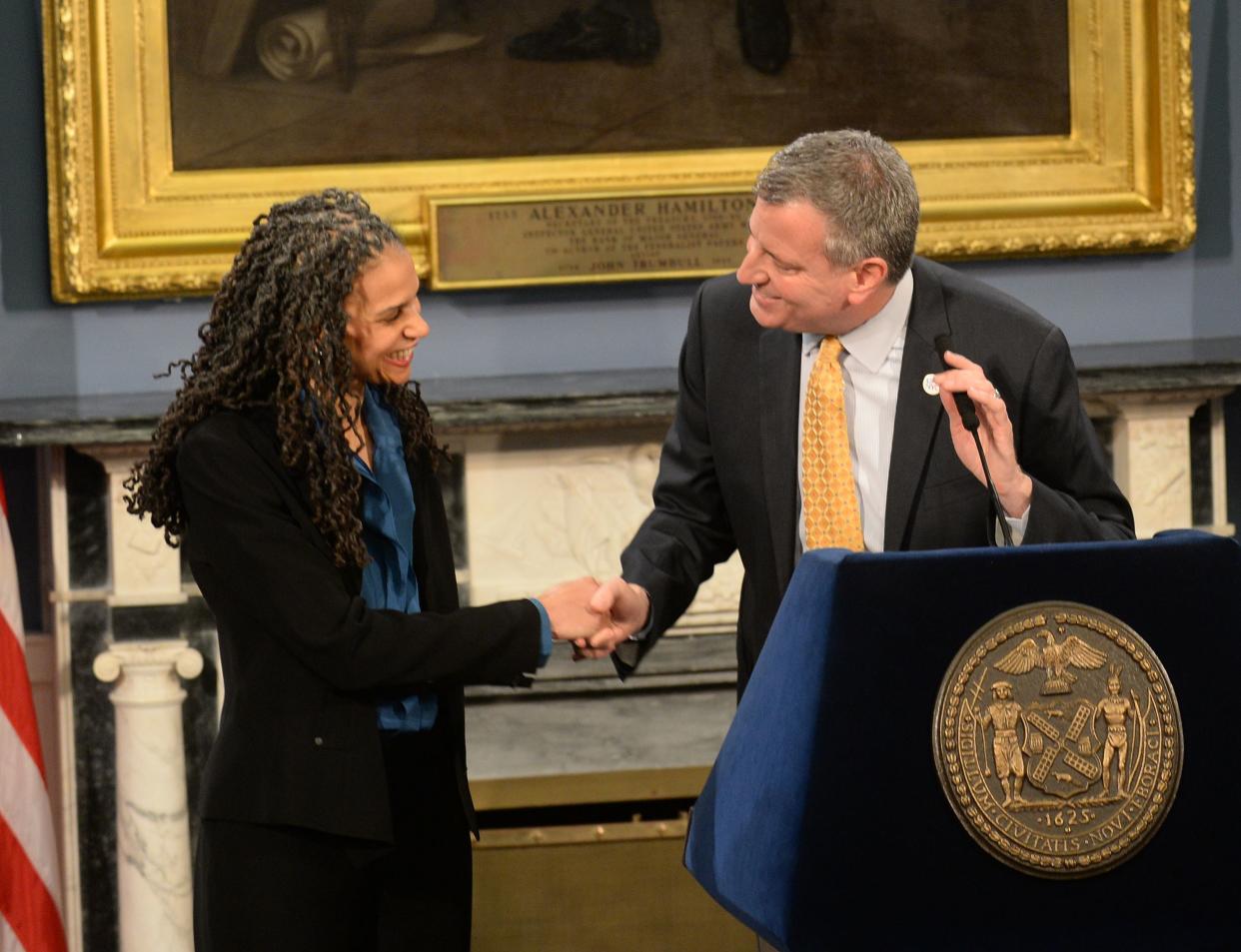
The newly unearthed records show that, aside from her connection to the controversial Campaign for One New York, Wiley also appears to have played a key part in vetting donors to the Mayor’s Fund to Advance NYC, a nonprofit dedicated to improving the lives of New Yorkers.
Wiley, who served as the mayor’s legal counsel for about two years, joined the de Blasio administration in the first year of his first term in office. Within months, she became involved in providing legal advice on how to ensure compliance with conflict-of-interest rules when it came to the Campaign for One New York, part of de Blasio’s fundraising apparatus.
The Campaign for One New York, also known as CONY, was established just weeks before de Blasio took office in 2014 and almost immediately began collecting donations to help promote his efforts to launch universal pre-K, widely regarded as his signature policy achievement in City Hall. After pre-K launched, the nonprofit took on a more general focus, but continued to raise — and spend — money to promote de Blasio’s priorities.
But it didn’t take long for CONY’s operation to come under scrutiny. Eventually, that led to probes from the city’s Department of Investigation, the Manhattan district attorney’s office and the state’s Joint Commission on Public Ethics.
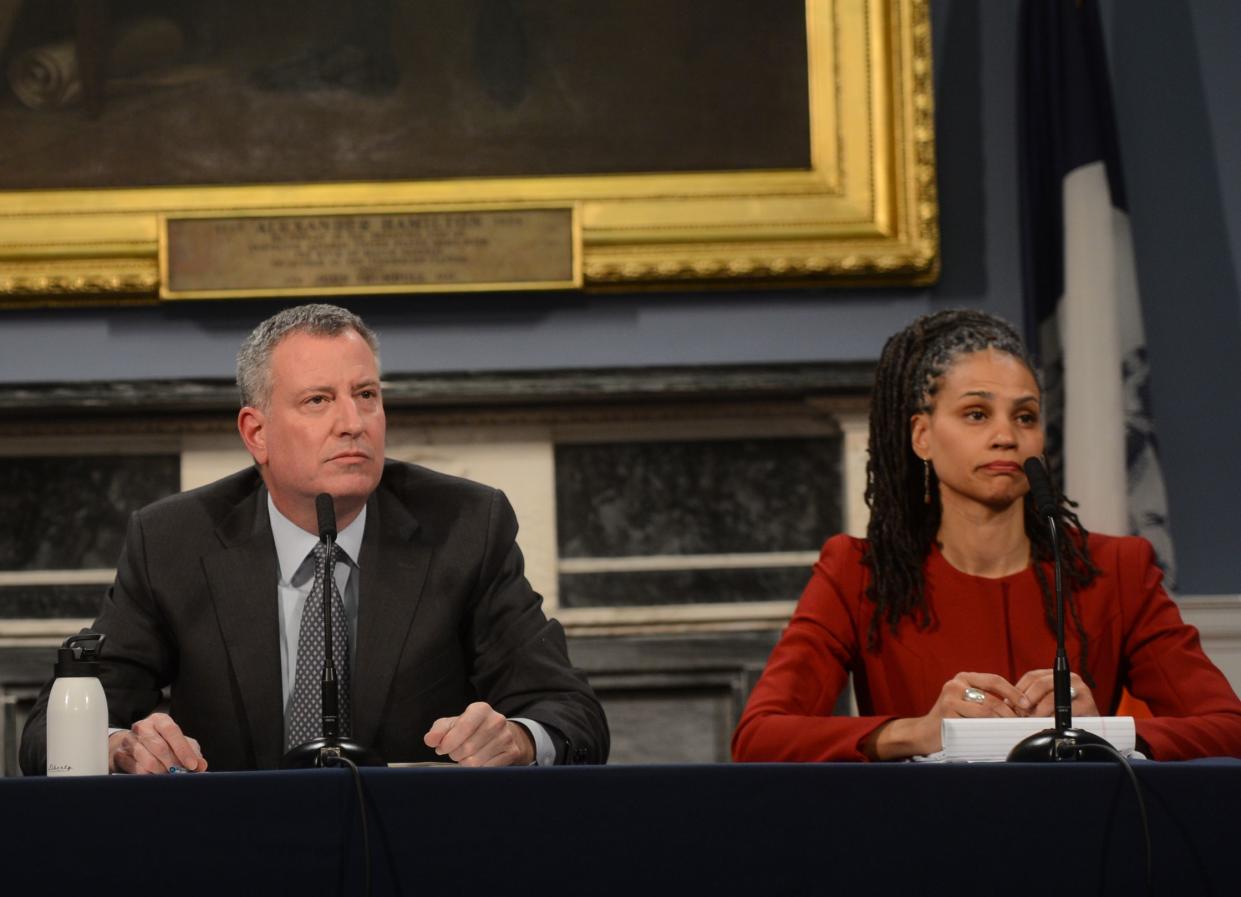
The DOI probe culminated in a 2018 report that found de Blasio had violated ethics rules by soliciting money from people with matters pending before the city. JCOPE’s probe is still proceeding and has so far resulted in several individuals and entities being forced to pay out cash settlements for their questionable dealings with CONY.
Last month, JCOPE announced Suri Kasirer’s lobbying firm agreed to pay a $5,000 settlement over alleged Lobbying Act violations in connection to de Blasio’s request that she assist in raising cash for CONY. Others forced to settle with JCOPE over their CONY dealings include Douglaston Development, Brookfield Financial Properties and lobbyist James Capalino.
In its heavily redacted closing memo on the matter, the Department of Investigation points to de Blasio recounting how Wiley and Henry Berger “owned” the vetting of CONY donors. But Wiley maintained in her own interview with the agency that she had “no significant involvement” after drafting an April 2014 memo focused on avoiding conflicts of interest.
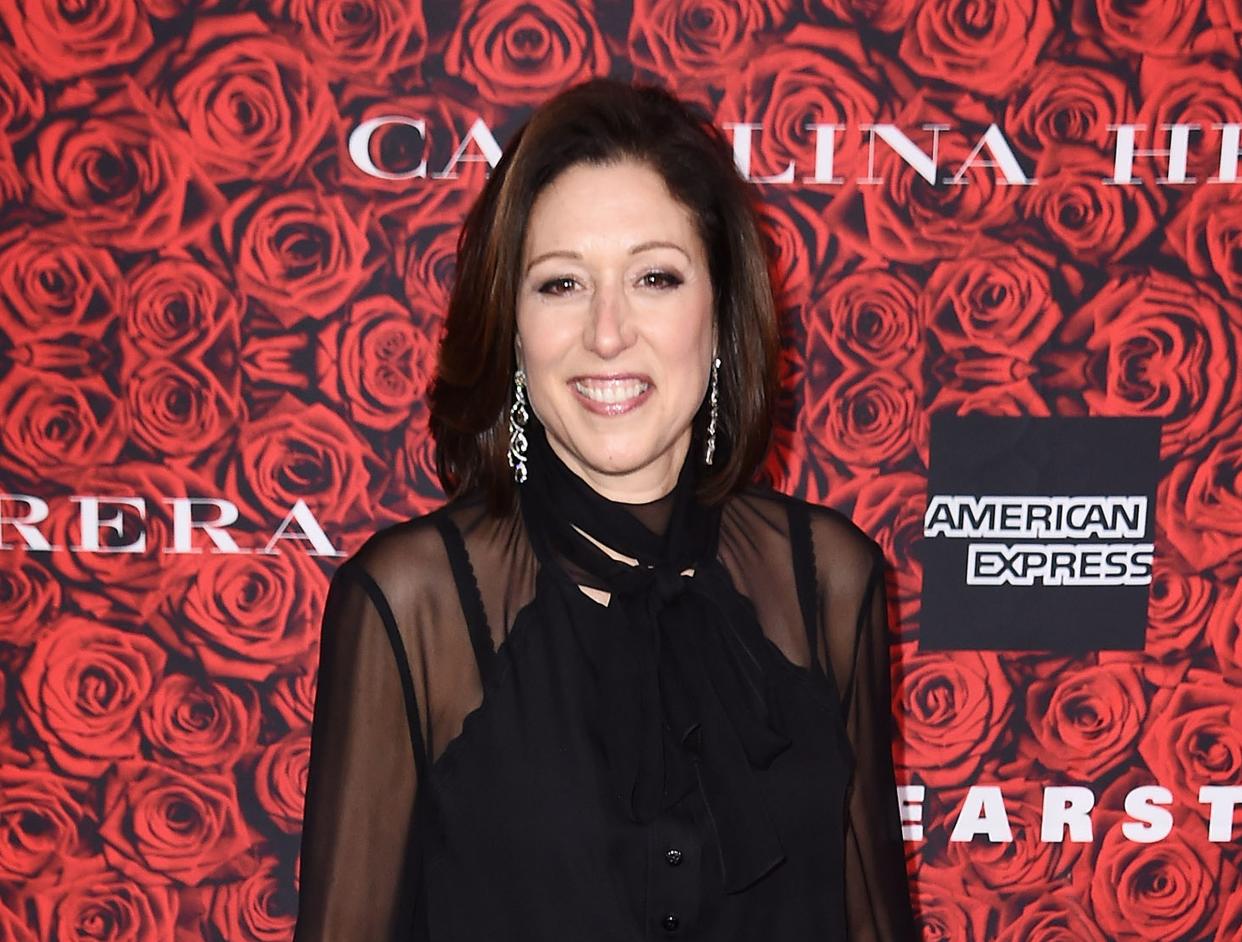
When The News asked her to square this discrepancy at a recent news conference on ethics reform, WIley dodged the question.
“The primary role of a counsel to the mayor and the job I did was to make sure that folks in City Hall and in city government knew the rules of the road — you know, knew what the law said and required,” she said. “That’s what I did.”
Apparently, based on the Mayor’s Fund records obtained by The News, she had much more responsibility when it came to vetting donors than previously known publicly.
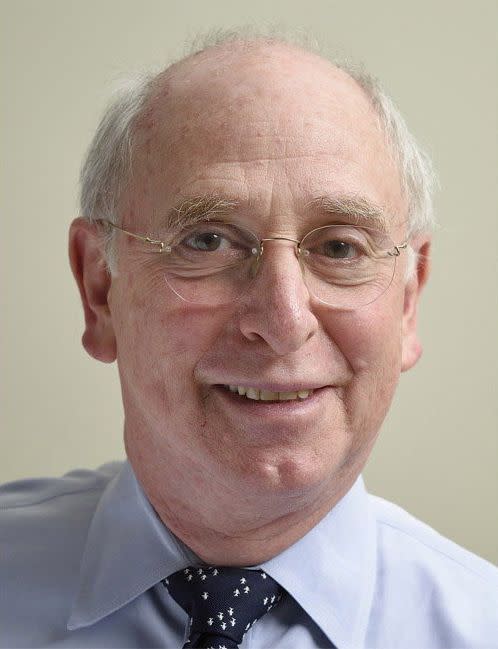
An unsigned Nov. 20, 2014 memo from the Mayor’s Fund entitled “Vetting Protocol for the Mayor’s Fund to Advance NYC” casts Wiley and Henry Berger, another lawyer working for the city, as the go-to advisers when it came to vetting contributions there, and noted that they should be contacted with any questions regarding soliciting cash on behalf of the fund. That memo is dated seven months after she told DOI that she had no “significant involvement” in vetting donors.
The memo, which was available to most of the fund’s employees, lays out specific protocols for vetting donors and donations, and notes that the fund’s director of development and city agencies “will establish a list of potential donors for a project or program.”
The list was to be “reviewed by colleagues of the relevant city agencies” and others to determine if “there are any red flags that may raise concern,” the memo notes.
“Questionable findings” were to be forwarded to Berger for review, the memo states, and then goes on to say that “if there are any questions or concerns that arise at any time during this process, reach out to Henry Berger or Maya Wiley before proceeding.”
The Mayor’s Fund is a separate entity from CONY, but the memo — and its level of detail — suggests Wiley had far more authority in the general vetting of donors then she let on when she was interviewed by the Department of Investigation, especially given the fact that some of the same donors who gave to CONY also donated to the Mayor’s Fund.
Those donors include the lobbying firm Capalino + Company, the Broadway Stages production company and the real estate developer Two Trees Management.
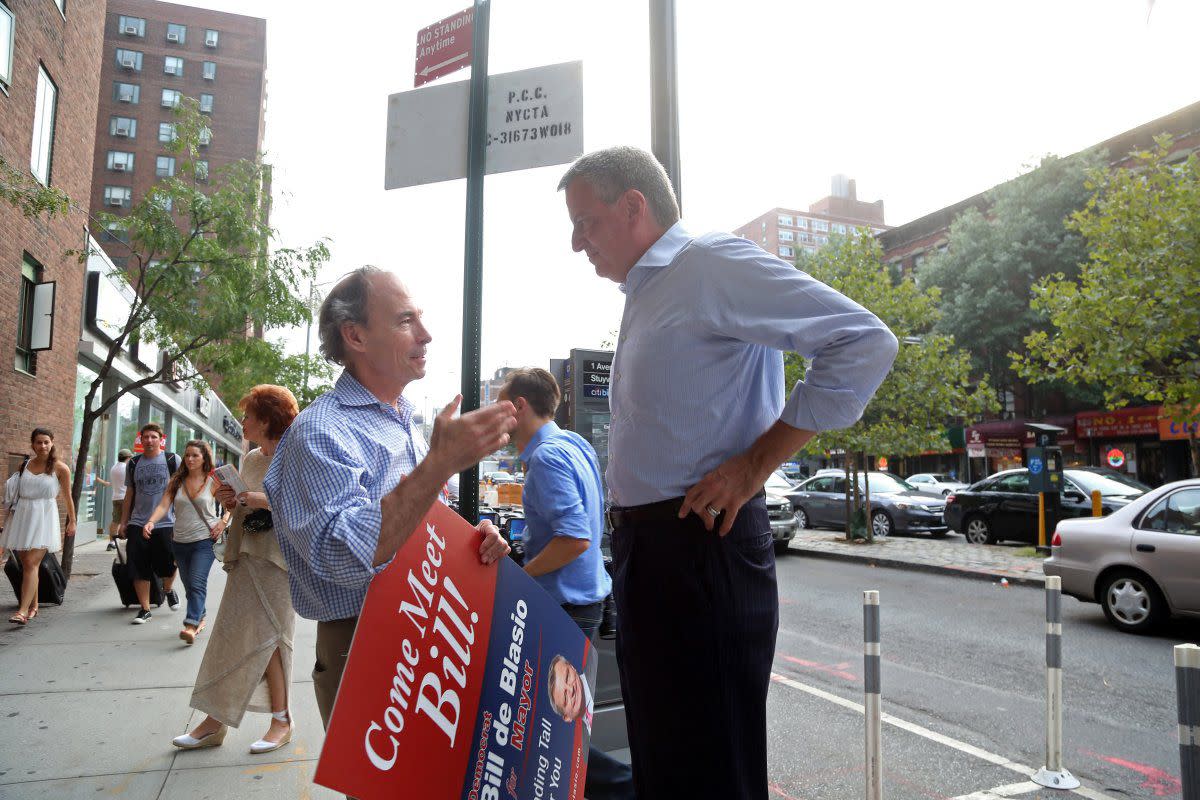
The April 4, 2014 memo outlining vetting protocols for CONY donors appears to be even more specific. According to DOI, the memo advised that de Blasio could solicit funds from individuals with permits, grants or contracts with the city, but while he couldn’t ask for cash from people or entities with matters pending before the city, he could “encourage excitement and support for” universal pre-K.
Despite the requirements laid out in the memo, several companies and lobbyists working for entities with business before the city paid JCOPE to resolve allegations of Lobbying Act violations.
Documents also show that Wiley was looped into correspondence between the Mayor’s Fund and the city’s Conflicts of Interest Board when it came to donations to the fund. In a May 15, 2014 letter from the fund’s then-executive director Darren Bloch to the COIB, Wiley is the only other person included in the correspondence.
Wiley was appointed in 2014 as a director of de Blasio’s Democratic National Convention 2016 Host Committee, an entity formed to raise money if the convention came to Brooklyn. That didn’t come to pass, but some of the donors who pledged money to the cause also gave to CONY, documents show.
Those who gave to the effort include George Gresham, head of 1199 SEIU, which pledged $100,000, gave $250,000 to CONY and recently endorsed Wiley’s run for mayor; Ric Clark, chairman of Brookfield Property Partners, which pledged $100,000 and gave $50,000 to CONY; and Jay Eisenhofer, who pledged $100,000 to the host committee and gave $10,000 to CONY.
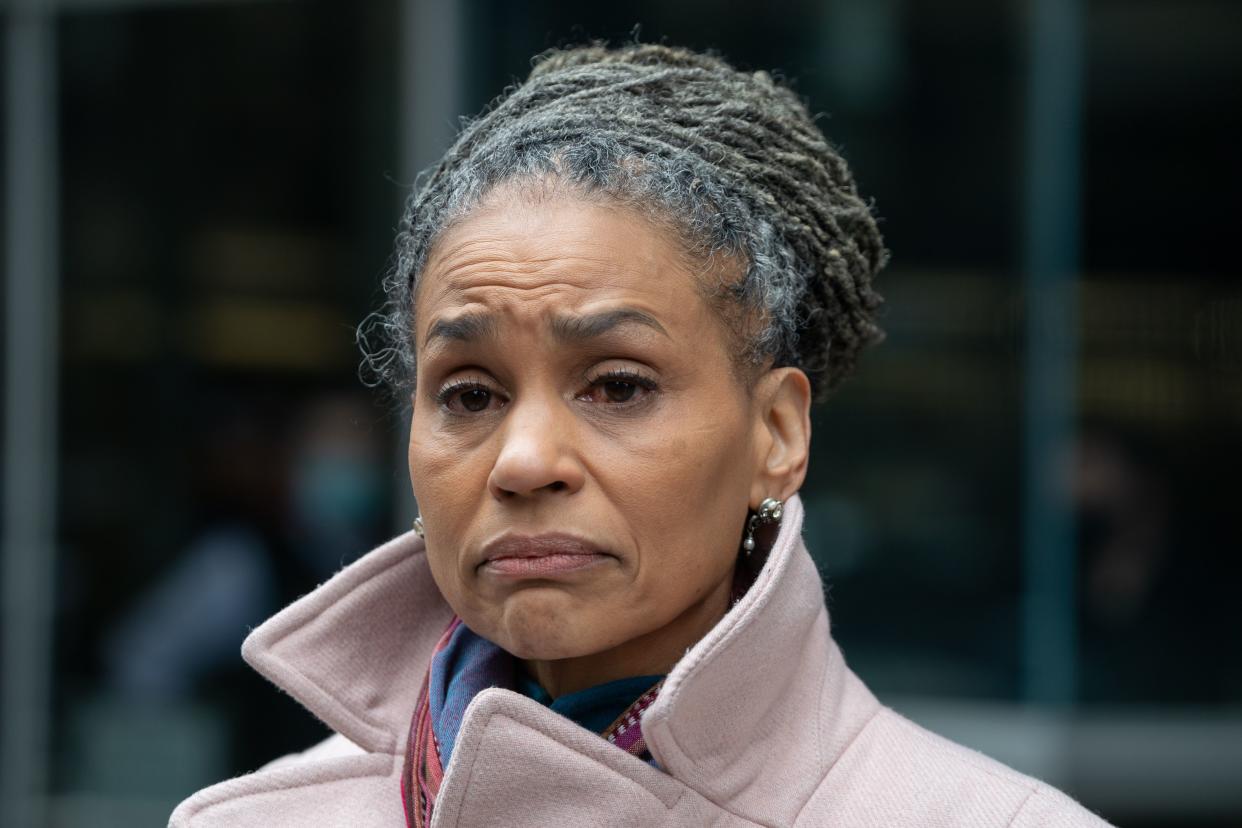
“During her time as counsel to the mayor, Maya held herself and her team to the highest ethical standards and has proposed a government transparency platform as a mayoral candidate — including ensuring city elected officials will not be able to take outside income, prohibit government staff from doing paid political work, empower COIB to conduct much needed investigations and disclosure of all meetings Maya would have with any lobbyist” Wiley’s spokeswoman Julia Savel said. “New Yorkers deserve to trust their mayor, and Maya has pledged to be the ethical leader they need.”
Berger did not return calls.
Despite her pitch to voters as an ethics-minded progressive, some political watchers have questioned her past decisions at City Hall.
“She had to have known what was going on. She was one of the mayor’s top two lawyers. She couldn’t have not known what was going on,” said John Kaehny of the good government group Reinvent Albany. “I’m sure she regrets being put in the place she was. Her choices probably boiled down to quitting and biting her lip.”
Ultimately, the Campaign for One New York raised $4 million, and much of that money was spent on political consultants allied at the time with de Blasio, including Berlin Rosen and Hilltop Solutions. When the press began demanding correspondence between the Mayor’s office and those consultants, the administration balked — even though many of those communications should have been available under the state Freedom of Information Law.
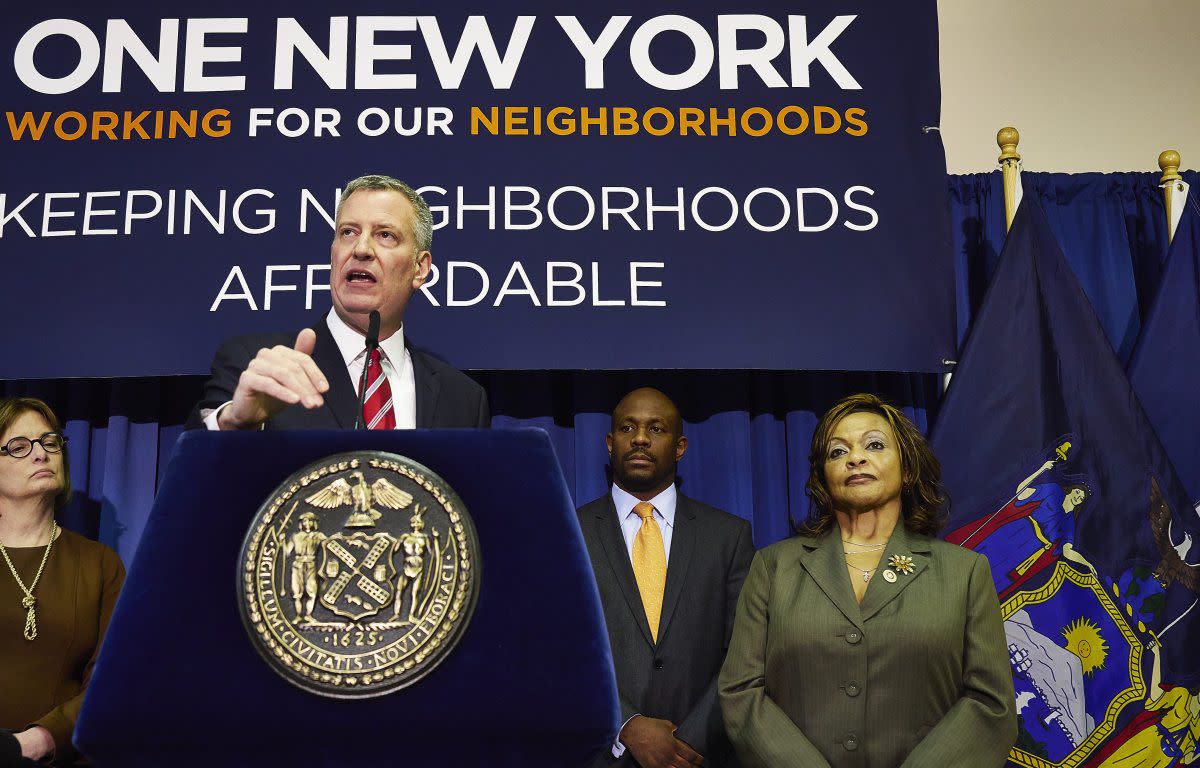
Wiley played a central part in blocking the release of those communications, arguing that the consultants had acted as “agents of the city,” and as such, the city shouldn’t be required to fork over the records. The de Blasio administration ultimately lost that fight both in state Supreme Court and in a court of appeals — decisions which paved the way for the records’ release.
When asked about how she came up with the “agents of the city” designation recently, Wiley didn’t dwell on the matter much.
“What I did was tell folks what was happening,” she said.
Check out our special section for the latest news on the critical 2021 elections in NYC. And to have the essential news and analysis sent to your inbox, sign up for our Campaign Diaries newsletter.
